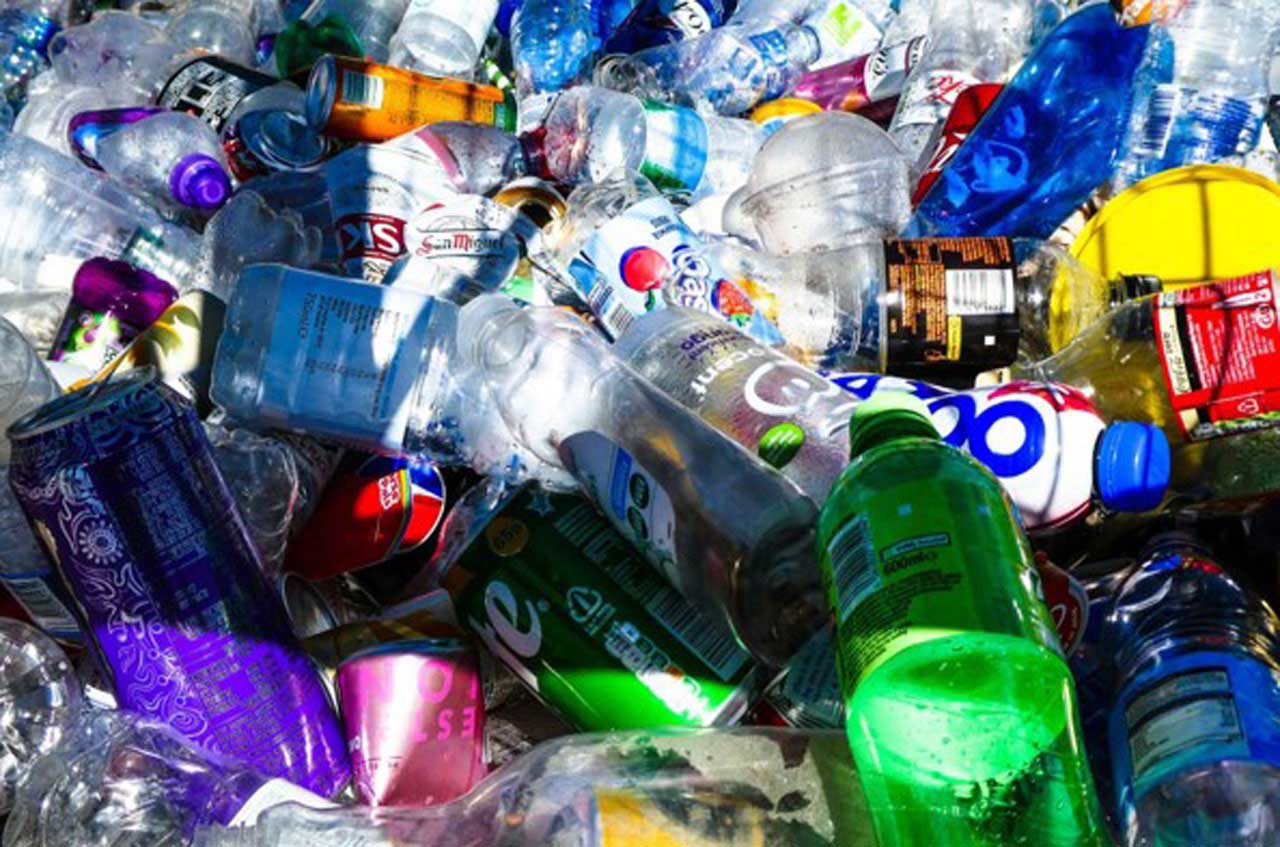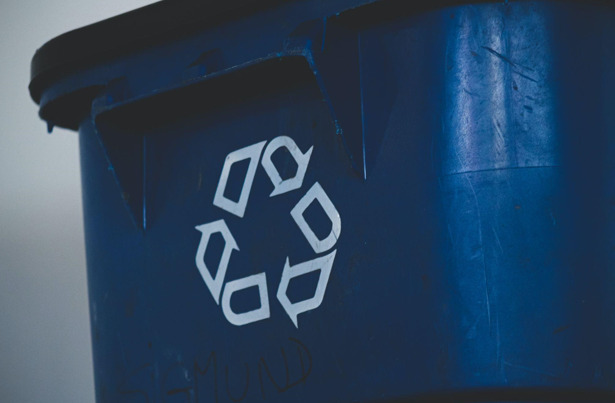
Take pride in knowing you’re using eco-friendly methods when disposing of waste. Luckily, there are various solutions available to assist with this task.
Composting at home is an excellent way to reduce waste volumes and improve soil quality, while recycling waste materials, like metals and plastics, allows some of their usefulness to return.
Composting
Composting is an eco-friendly waste disposal technique that turns organic waste into valuable resources, helping to limit landfill use while producing natural fertilizer for plants. Composting can save both energy and money while mitigating climate change effects; plus it offers a great way to recycle kitchen scraps and organic material!
Garbage disposals are one of the easiest ways to recycle organic waste. These machines shred food waste into small pieces that make it easier for microorganisms to decompose it – cutting down on plastic bag usage in this process. Another environmentally-friendly waste disposal technique involves using a recycling bin which makes sorting by type easier.
When starting out with composting, make sure that it includes an appropriate balance of nitrogen-rich and carbon-rich materials; these may include green food waste and soft fruits like lettuce. Incorporate some soil to aerate it. Be sure to turn over regularly without adding meat or dairy products!
As soon as your compost pile reaches the ideal ratio, it will begin breaking down organic waste into compost that will aerate soil, provide nutrients and ward off plant diseases – while at the same time helping reduce chemical fertilizer usage that harms our environment.
Many individuals are confused as to what constitutes eco-friendliness, with some believing any plastic bag made from biodegradable material counts as eco-friendly. While such plastic may break down into soil over time, its decomposition will not match that of regular trash can liners.
Compost bins that are made from recycled materials offer the most eco-friendly means of waste disposal. Not only can this prevent toxic fumes from being released into the environment, but they can also significantly decrease plastic usage. You can either purchase one from garden stores or construct your own using an old heavy-duty garbage can with 1.5 cm aeration holes drilled into it.
Recycling
Recycling is an invaluable way to safeguard the environment. By recycling materials such as aluminum, glass, paper and plastic for reuse it helps conserve natural resources while making our world a more enjoyable place to live in.
Unfortunately, many individuals fail to practice effective recycling habits. Many don’t realize that their curbside single-stream recycle bin is only part of an enormous economic system: one in which recycling companies buy back recyclable materials from consumers and then use this material in new products; they rely heavily on factors like raw material prices, value of recycled material and consumer buying patterns in order to remain profitable.
At present, only 30% of U.S. solid waste is recycled; the rest either gets incinerated or sent directly to landfills.
Recycling transforms waste into reusable materials and is one of the most efficient forms of waste management; simply separate out your garbage into different categories before disposing of them individually. You can visit www.ridly.com.au for more information. Some companies provide separate bins for different kinds of recyclable goods.
Recycling success requires all citizens participating in its efforts. This means educating children on the value of reuse and recycling; teaching what items can and cannot be recycled is also essential. Recycling centers or home waste disposal units may help separate garbage for proper disposal in homes.
Waste disposal units are affordable and useful tools that allow you to organize your household trash more easily, helping save on trash collection fees while decreasing overall amounts. Available in various sizes, you can find one to meet your individual needs.
Recyclable materials typically include aluminum, glass and paper; however, it’s important to keep in mind that recycling rules may differ depending on your region. To find out what can and cannot be recycled in your area, contact your city official or look online resources.
Bioremediation
Bioremediation is an eco-friendly waste disposal technique that uses microorganisms to transform waste into nutrients and organic material, making the method both cost-effective and eco-friendly.
Although effective, this bioremediation approach doesn’t treat all forms of environmental contamination – some metals like lead and cadmium may remain intact even after bioremediation has taken place. These metals could then enter food chains, leading to serious health concerns for humans; therefore it is vital that the correct form of bioremediation be chosen when selecting your site’s program.
Under biological remediation, microorganisms use contaminants as energy and feed, altering their chemical structures into something harmless. This process can either occur in-situ (where polluted soil is treated at its source of pollution) or ex-situ (moving it away for treatment elsewhere).
In-situ bioremediation tends to be cheaper and more environmentally friendly than ex-situ methods; however it requires suitable host microorganisms to live at its site.
Step one of bioremediation involves an evaluation of contamination and its environment, including treating it for toxicity, examining soil comparability and structure, as well as investigating microbial populations in the area. A sufficient microbial population must exist in order to degrade contaminants through bioaugmentation or biostimulation techniques.
Bioremediation offers an eco-friendly waste disposal option because it can be combined with other remediation techniques, like phytoremediation and rhizofiltration, for optimal performance.
Bioremediation may prove particularly useful in areas contaminated by petroleum or hydrocarbon contamination; additionally, it helps remove toxins from soil while also preventing them from leaching into water or air sources.
Bioremediation can also be utilized as a way to reduce sludge and solid waste in landfills by turning toxic material into fuel that can be burned in boilers and furnaces for producing electricity, thus helping keep our planet clean and healthy.
Converting waste into energy
Converting waste to energy is one of the most productive eco-friendly waste disposal techniques, offering an effective means of both reducing waste and producing renewable fuels.
This process converts trash to heat and electricity using either thermochemical or plasma-enhanced gasification systems and generates clean energy via high temperature combustion of organic waste without oxygen requirements, producing clean power with reduced emissions and protecting the environment at the same time.
Converting waste into energy provides an alternative to burning fossil fuels like coal and oil as it reduces greenhouse gases in the air while protecting the environment from burning fossil fuels like coal and oil which generate greenhouse gasses into the atmosphere while protecting the environment; making conversion an excellent eco-friendly waste disposal technique!
Waste-to-energy technology aims to divert waste away from landfills, which are known to pollute soil and groundwater as well as produce methane, an extremely potent greenhouse gas 21 times more potent than carbon dioxide. Waste-to-energy systems generate electricity from biomass waste as well as providing heat for industrial processes, which provides cost-effective renewable energy that may help lessen our reliance on imported oil and coal imports.
Waste generated worldwide is predominantly composed of organic material such as food scraps and paper, often sent to landfills where they decompose into methane-generating bacteria, harming both people and the planet as they decompose over time. As much as possible should be done to mitigate this process.
Reducing consumption is only one part of a solution; businesses and individuals should also choose products made using minimal resources that can be reused multiple times over. Avoid single-use plastics which represent linear waste – they eat up precious natural resources during production only to become waste quickly after.
Safely Recycling Electronics
Electronics are constantly being upgraded with the newest technologies. When these items no longer serve their intended purpose, e-recycling, also known as e-waste recycling, is used as a process of reprocessing and reusing them when no longer useful.
Recycling electronics responsibly is an integral part of business and household life. From upgrading office telecommunications systems to disposing of old computers that have been gathering dust, there are reputable e-waste companies available that can recycle these items on your behalf.
When selecting one for this process it’s essential that they are experienced at handling sensitive information while taking the appropriate steps in disposing of your equipment safely.
Electronic waste, unlike regular trash, contains finite and valuable metals and materials which should be handled carefully to preserve our fragile ecosystem and preserve these important resources.
When not recycled properly, these elements may leach into soil and water sources posing a serious threat to wildlife and aquatic environments alike. Recycling electronics is the ideal way to safeguard our fragile environment while keeping valuable resources available for reuse.
If you own an obsolete device that still functions, consider donating it to charity or local organizations. Options exist that allow auctioning off electronics to benefit organizations of your choosing.
Many electronics manufacturers provide take-back programs for consumers and the environment. A quick online search or brand name/”electronic waste” search should reveal which program is closest to you.
If you’re ready to recycle outdated technology, be sure that none of its storage is still attached – this includes DVD drives, card readers and floppy disk ports as they could contain personal information that should be deleted or removed before giving away or selling for reuse. Similarly, cell phones may contain a SIM (Subscriber Identification Module) card containing personal data which should also be removed before giving to charity or selling for reuse.
Reducing waste completely is ideal; however this may not always be feasible. Instead, employing eco-friendly waste management strategies in both your home and office can help preserve the environment by segregating recyclable waste for recycling while using sustainable disposal methods for non-recyclable material.








